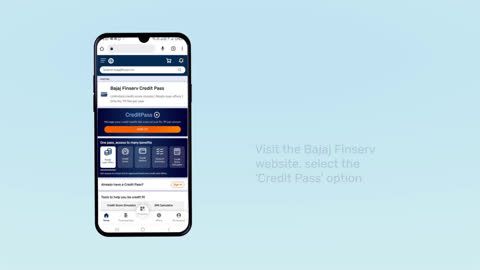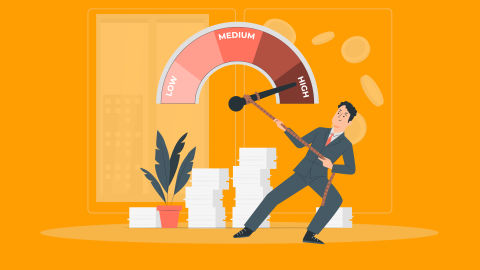In today's competitive business world, making informed decisions is crucial for success. Whether you are a small business owner or a large corporation, understanding your financial health and that of your potential partners is essential. Here is where commercial Experian comes in. This guide dives into the world of commercial Experian, explaining what it is, what information it contains, and how it can benefit your business.
What is commercial Experian?
Experian, a well-known credit bureau for consumers, also offers a service specifically tailored for businesses: commercial Experian. It provides businesses with a comprehensive view of the creditworthiness of other businesses, helping them make informed decisions about credit, partnerships, and potential risks.
Think of it like a credit report for businesses. It compiles financial information about a company, including its payment history, public records, and other relevant data. This information is then used to generate a commercial credit score, which indicates the likelihood of a business meeting its financial obligations on time.
What is inside a commercial Experian report?
A commercial Experian report is a treasure trove of information about a business. Here is a breakdown of some key elements:
- Basic business information: This includes the company name, legal structure (sole proprietorship, partnership, etc.), registration details, and registered address.
- Payment history: This section reveals a company's track record of paying bills on time, including trade payments (payments to suppliers), credit card bills, and loans. Consistent late payments or defaults can negatively impact the credit score.
- Public records: This section may include information such as legal judgments, liens, and bankruptcies filed against the company.
- Credit inquiries: Similar to consumer credit reports, this section lists the number of times other businesses have checked the company's credit report recently.
- Commercial credit score: This score summarises the overall creditworthiness of the business, typically ranging from 0 to 100 (or a similar scale). A higher score indicates a lower risk of default and easier access to credit.
Benefits of using commercial Experian
Commercial Experian offers several advantages for businesses of all sizes:
- Informed decision-making: By accessing commercial reports, you can assess the creditworthiness of potential partners, customers, and suppliers before entering agreements. This helps you minimise financial risks associated with bad debts.
- Improved cash flow: By identifying reliable business partners with good payment histories, you can improve your own cash flow by reducing the chances of late payments from your customers.
- Competitive advantage: Knowing your own commercial credit score allows you to negotiate better terms with lenders, such as lower interest rates on loans.
- Fraud protection: Commercial Experian reports can help identify potential fraudulent activity by verifying a company's legitimacy and preventing you from doing business with risky entities.
- Managing risk: By understanding the financial health of your competitors, you can make informed business strategies and better manage your own financial risks.
Conclusion
Commercial Experian is a valuable tool for businesses seeking to gain a competitive edge. It empowers you to make informed financial decisions, build stronger partnerships, and safeguard your company's financial future. By leveraging commercial reports and understanding your own creditworthiness, you can navigate the business landscape with more confidence and success.




